ISLAMABAD – The Islamabad High Court (IHC) will Monday (today) resume hearing in a petition challenging degree of Justice Tariq Mahmood Jahangiri.
A two-member bench of IHC comprising Chief Justice of IHC Justice Sardar Muhammad Sarfraz…
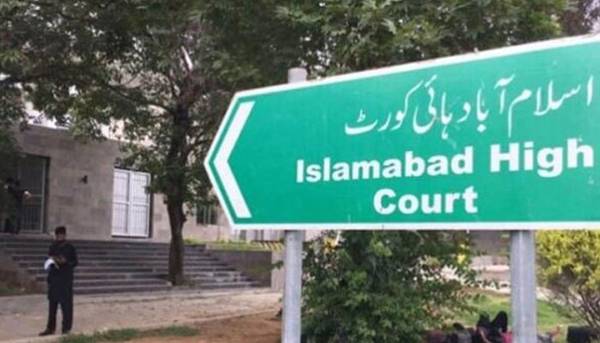
ISLAMABAD – The Islamabad High Court (IHC) will Monday (today) resume hearing in a petition challenging degree of Justice Tariq Mahmood Jahangiri.
A two-member bench of IHC comprising Chief Justice of IHC Justice Sardar Muhammad Sarfraz…
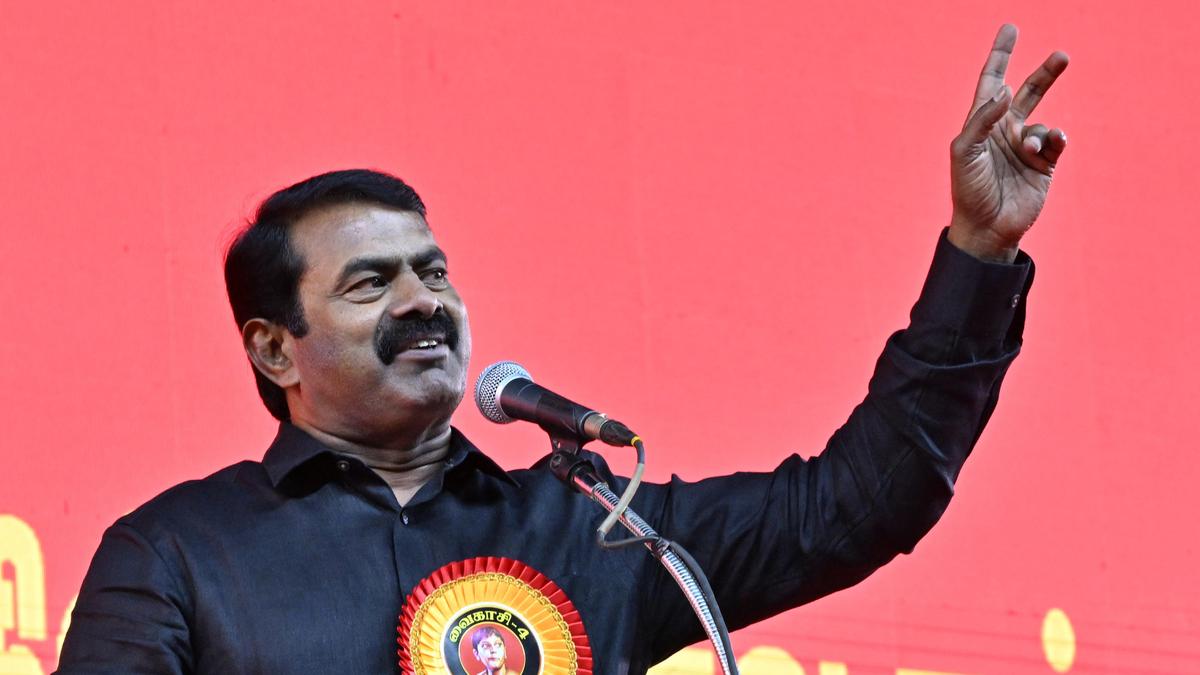
NTK chief co-ordinator Seeman.
| Photo Credit: S. SIVA SARAVANAN
Naam Tamilar Katchi (NTK) chief co-ordinator Seeman’s recent participation at…
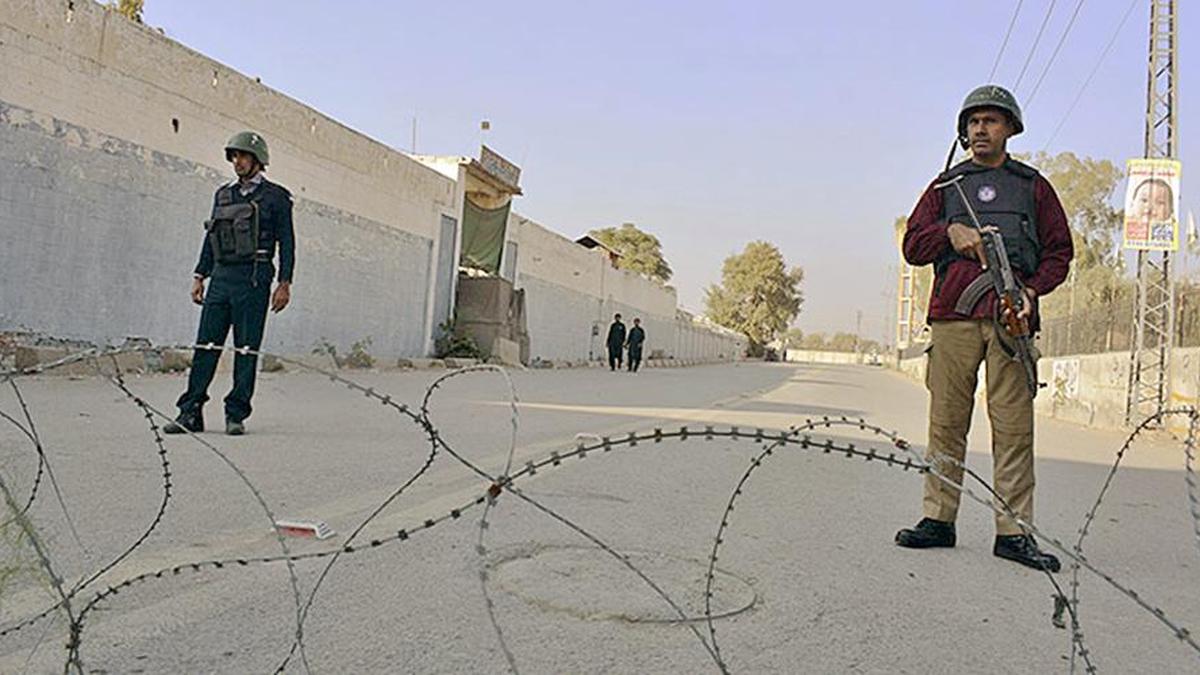
Pakistan continues to reel under terrorism with a surge of 25% terror incidents in 2025 compared to the previous year, Khyber Pakhtunkhwa being the worst hit province. Representational file image.
…
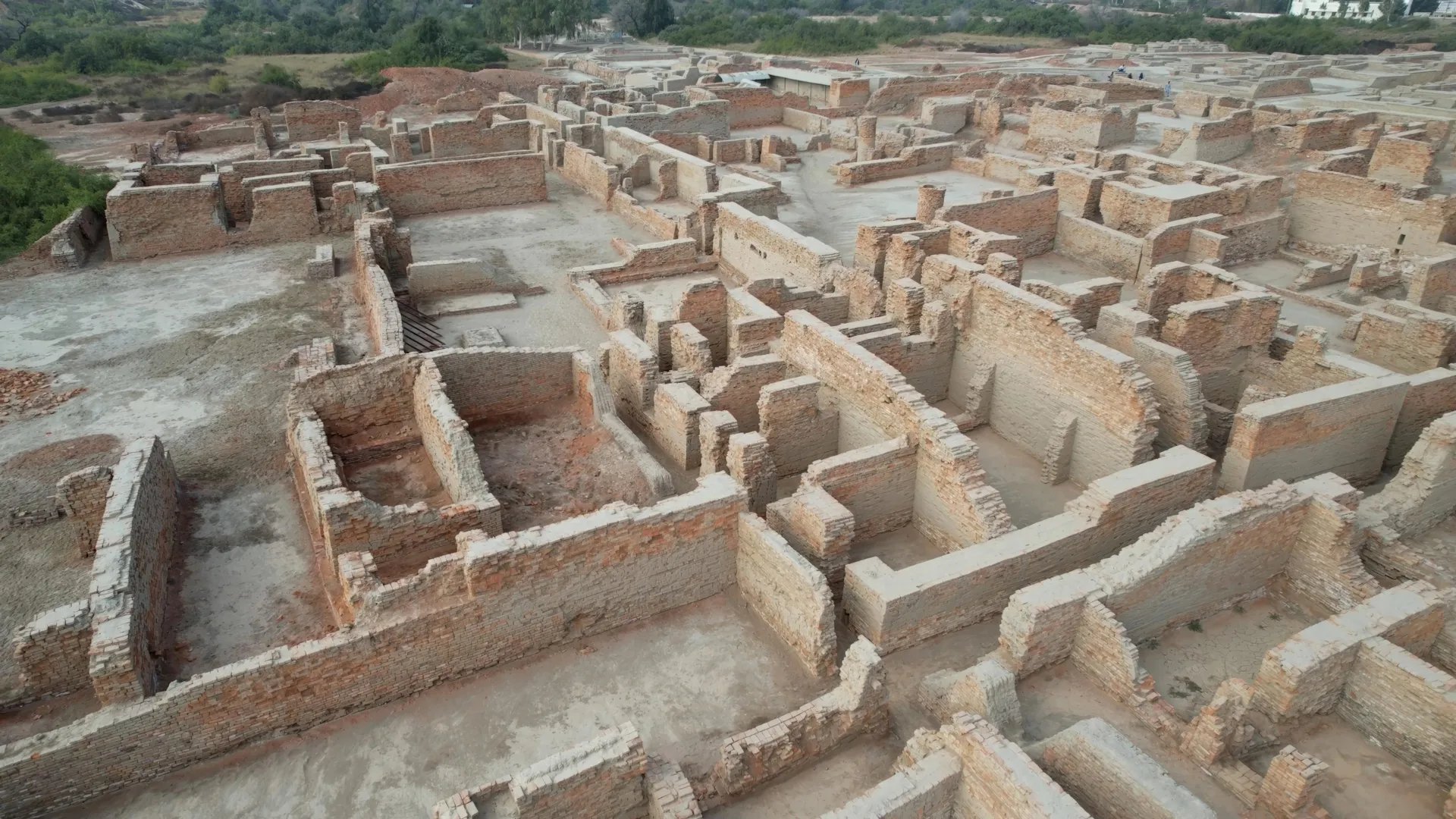
A new study in Communications Earth & Environment reports that a series of major droughts, each extending beyond 85 years, likely played a central role in the eventual decline of the Indus Valley Civilization. This interpretation offers fresh…
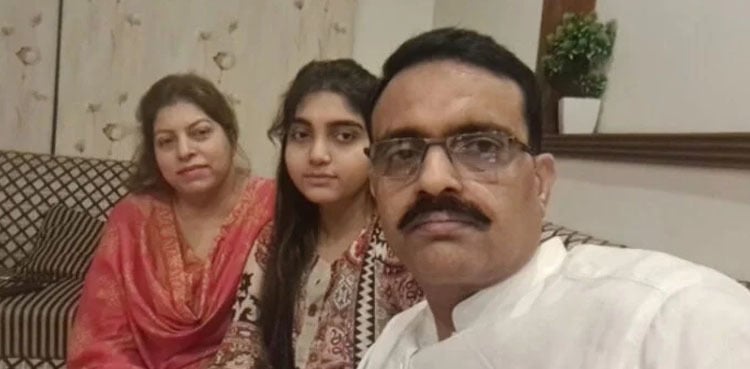
LAHORE: Shocking details have emerged in the case of a wife and daughter brutally murdered by DSP Usman Haider in Lahore, ARY News reported.
According to reports, a 10-marla plot was at the center of the dispute. DSP Usman Haider, who had two…